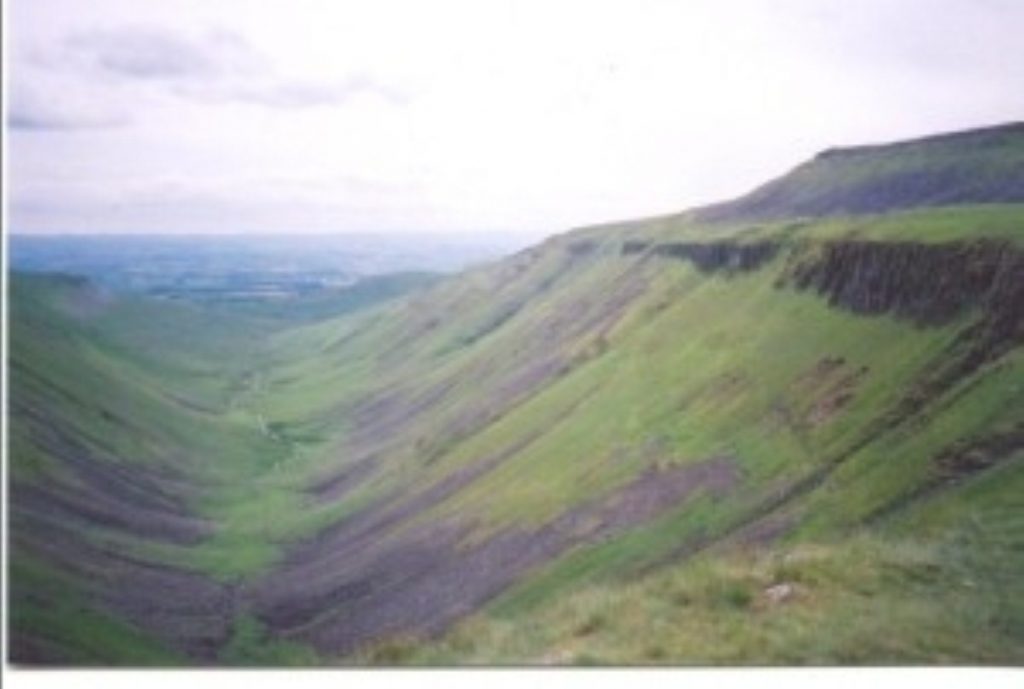Scottish wildlife crime laws come into force
The wildlife crime provision’s Nature Conservation (Scotland) Act – described by conservation groups as one of the most significant bits of conservation legislation for the last 22 years – comes into force today.
The measures, designed to give police greater powers and options in tackling wildlife crime, include three year prison sentences for those involved in badger baiting and a new offence of “reckless conduct” to cover harassment of whales and dolphins, damage to nest sites and the unlawful possession of pesticides used for poisoning birds of prey and other wildlife.
Allan Wilson, Deputy Minister for the Environment said: “The Scottish Executive has a record of taking tough action to protect Scotland’s natural heritage. Wildlife and other environmental crime is serious crime. I am determined to see it dealt with effectively.
“The new Act gives the police, the fiscal service and the courts new opportunities to work together to protect Scotland’s most vulnerable birds, plants and animals and to tackle other threats to the natural environment.


“Whales and dolphins, birds of prey, capercaillie and animals such as otters and wild cats will all benefit. The provisions also clamp-down hard on acts of cruelty – from the use of illegal snares to badger-baiting.”
Mike Flynn, a superintendent with the Scottish SPCA, told politics.co.uk that his organisation is “highly delighted” with the new powers, in particular the increase in sentences and increased search powers. Mr Flynn said that one potentially significant measure is that police can now be accompanied on raids by “knowledgeable persons” – such as wildlife crime or poison experts – who can ensure nothing crucial is missed.
However, one key measure they will be pushing for is tighter restrictions on snaring. Although today does see the outlawing of “self locking” snares, further measures will shortly be put out for consultation. The SPCA is pushing for measures to ensure that snares can be identified to the person who sets them, so illegal snares can be traced back to source.
The head of policy operations at RSPB Scotland, Lloyd Austin, told politics.co.uk this morning that they “warmly welcome” the entrance into law of the new measures. However, Mr Austin said that now “implementation is the challenge”.
He went on to say that now is the time to ensure there are specialist wildlife crime officers and prosecutors who are both properly trained and resourced. Mr Austin added that his organisations was fully available to help with the training and would work closely with the police.
Keith Morton, RSPB Scotland’s investigations officer, also told the site that one of the key areas that the Society hopes the legislation will help with is the poisoning of rare birds of prey, such as the Red Kite.
Since 1989 there has been a programme to reintroduce Red Kites into both Scotland and England. Whilst a colony in the English Chiltern hills has thrived, growing to over 125 breeding pairs, the picture in a comparable colony in Black Isle, Scotland, is very different.
Here, there are only around 40 pairs – a difference Mr Morton insists is not down to purely ecological reasons. From tracking, monitoring the birds, and post mortems the RSPB estimates that around 60 per cent of those killed were illegally poisoned.
The birds have typically been poisoned with carbofuran, a chemical which used to be found in common arable fertilisers. However, the big chemical companies have decided not to apply for the renewal of a license to use carbofuran, so there is no longer any lawful use for the product. Hence, the discovery of the chemical in an individual’s possession will be significant.
Though reluctant to point the finger of responsibility for the poisonings, Mr Morton did go as far to say that they are “clearly associated with the criminal fringes of game shooting”.
The hope is that with more effective powers the police will be able to intervene to stop illegal poisoning activities, as police are increasingly taking such crimes seriously.

